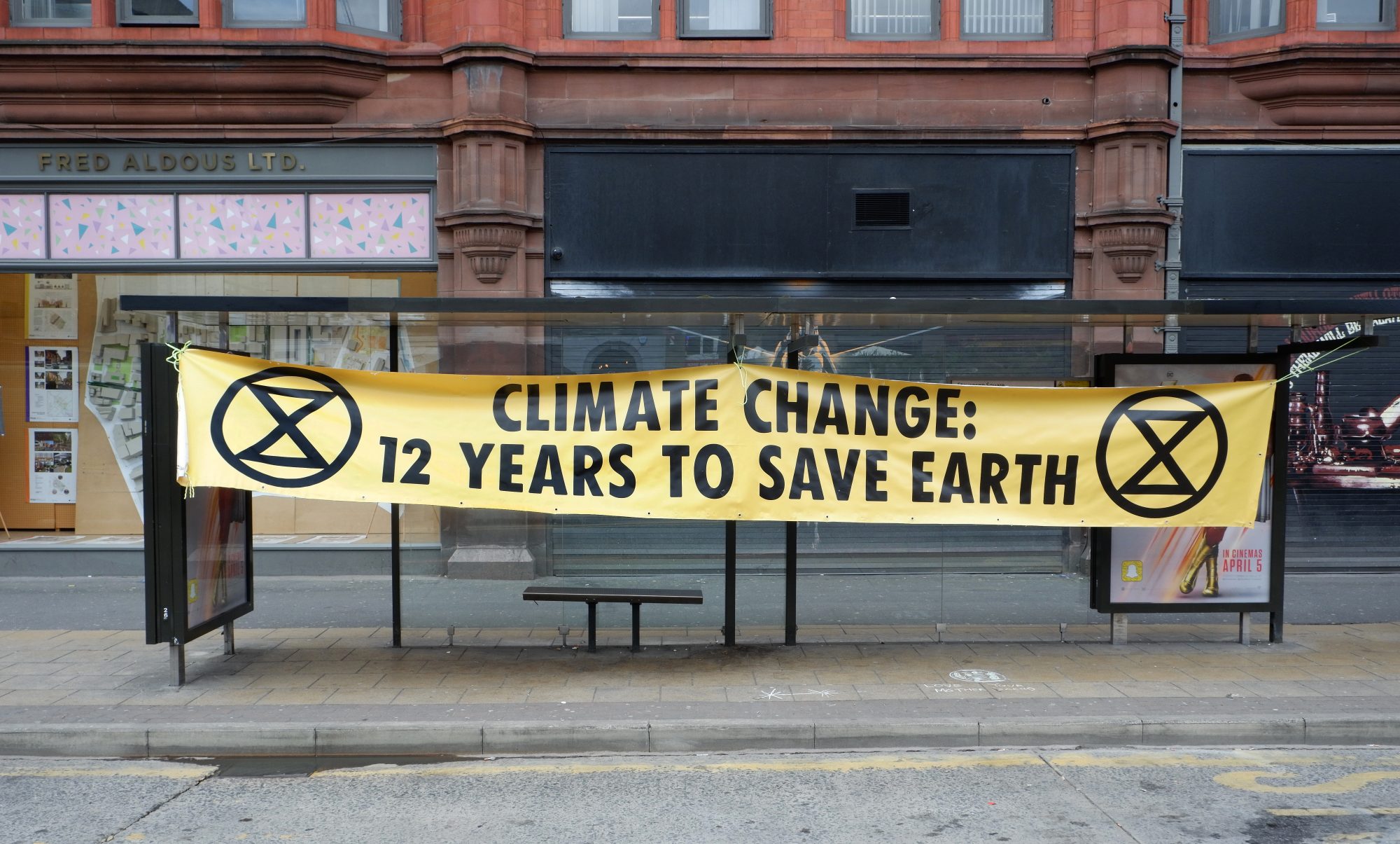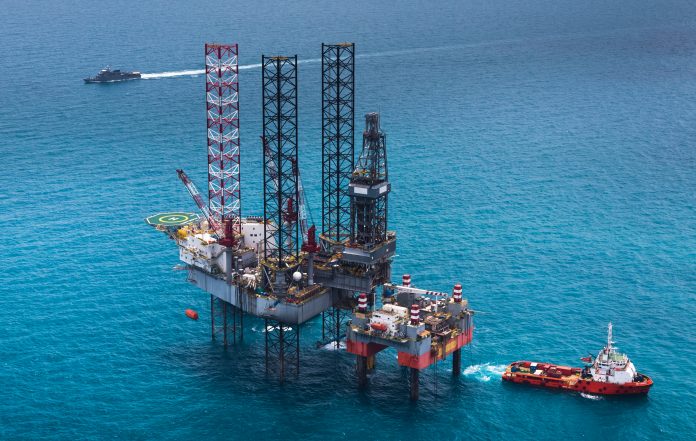Here, we discuss how age-old political barriers create a significant challenge for those fighting to reduce transport emissions
If for one moment we take a step back and examine the underlying reasons for our slow, incremental move away from fossil fuels, on our transition towards a future of clean renewable energy, we find an elephant in the room in the form of a significant conflict of interest.
Fuel duty is a tax imposed by Governments on every litre of fuel you buy. In the UK this tax is approximately 50% of the total cost of a litre of petrol or diesel.
Fuel duty revenue versus the environment
Governments rely heavily on fuel duty revenue to fund many of their political and social projects. According to the UK Office of Budget Responsibility: “Fuel duties are levied on purchases of petrol, diesel and a variety of other fuels. They represent a significant source of revenue for government. In our latest forecast, we expect fuel duty to raise £28.4 billion in 2019-20. That would represent 3.5 per cent of all receipts and is equivalent to £1,000 per household and 1.3 per cent of national income.”
Another aspect of this issue is petroleum companies rely on volume demand to maintain stock value and create revenue. A sizeable proportion of the billions they do create in revenue is used to influence politicians, governments and international bodies, aimed at maintaining volume demand and minimising their responsibility to lower emissions from their products.
They have been very successful too; for the last 20 years most of the burden has been shifted onto engine manufacturers who have managed, through design improvements, to improve fuel efficiency by up to 15% during the evolution from Euro 3 engines in 2006 to the Euro 6 engine class of today. That’s only a 15% improvement in 14 years, which is the very definition of slow and incremental.
For many years the focus of engine emission control has been focused on emissions which can be reduced, without reducing volume demand for fuel. For example, NOx or nitrous oxides have become the focus of attention for the EU, politicians and engine manufacturers, because they can be significantly reduced post combustion, whilst preserving volume demand for fuels.
So how does this represent a conflict of interest? Let’s for one moment assume there is a scientific breakthrough, a paradigm shift if you will. This will save you and I thousands of pounds a year by reducing our fuel consumption, without the need to modify our vehicle, invest any time or money and would not require us to make any behavioural changes, because this new breakthrough reduces fuel consumption by 20-25%.
Put in its simplest terms, CO2 is an unavoidable consequence of releasing energy from hydrocarbons, so the less fuel used, the less CO2 created. If you reduce consumption by 20-25%, you also reduce your CO2 by the same amount.
Difference in perspectives?
From our perspective, as citizens and motorists, this sounds wonderful. A huge drop in our personal expenditure and a huge drop in the emissions we are creating by using much less fuel to cover the same distance. From the perspective of internationally binding emission targets of reducing CO2 by 20% this also sounds wonderful and would be the equivalent of a further 20 years progress overnight.
Now let’s view what sounds wonderful from our perspective, to the perspective of Governments who rely heavily on fuel duty revenue and petroleum companies who rely heavily on maintaining volume demand. The conflict of interest can be best posed as a simple question to both. “Would you be prepared to sacrifice billions each year in revenue to help save the planet?” Unfortunately the answer up until recently has been a very resounding “No”.
It is this position that principally explains why advances in nanotechnology, which deliver the aforementioned wonderful scenario, are being suppressed, blacklisted and ignored by those who stand to lose the most money if they become mainstream.
Some, particularly one, of nanotechnology-based products I have first hand knowledge of, truly represents the paradigm shift we so desperately need. “Petrolast” has several US patents and has now been tested around the world in power stations, trucks, buses, ships, cars and generators. It has even been tested in London buses and reduced fuel consumption by 26% when it was tested on over 200 buses for 6 months.
One may question why this product is not in general use given the results it has achieved and it comes down to the fuel treatment process requiring the cooperation of the fuel supplier, who when faced with the prospect of losing 25% in volume demand, will do everything within their power to prevent its use.
It is clear that whilst this conflict of interest exists, this particular nanotechnology product, and many like it, will find it very difficult to achieve large scale market entry because it is simply too effective and threatens the revenue streams of very powerful forces.
What is next for reducing transport emissions?
Thankfully, the rise of organisations like Extinction Rebellion, in combination with social media campaigns and ‘cancel culture’, has provided very powerful leverage. After years of failed public pressure to force changes in the behaviour of large carbon intensive corporations, social pressure has now shifted its focus away from the corporations themselves, onto their shareholders.

For example, in January 2020, Royal Dutch Shell implemented emission targets, linked to executive pay, was brought about by pressuring their investors. Rio Tinto, one of the world’s largest mining corporations, implemented a net zero emissions target across their operations by 2050 following similar pressure from investors.
These examples show there is now a softening of attitudes at large carbon intensive corporations, who are now coming to terms with the reality the world is determined to eliminate the use of fossil fuels. This will hopefully trigger the paradigm shift needed to rapidly accelerate progress, replacing our slow and incremental transition away from fossil fuels.











